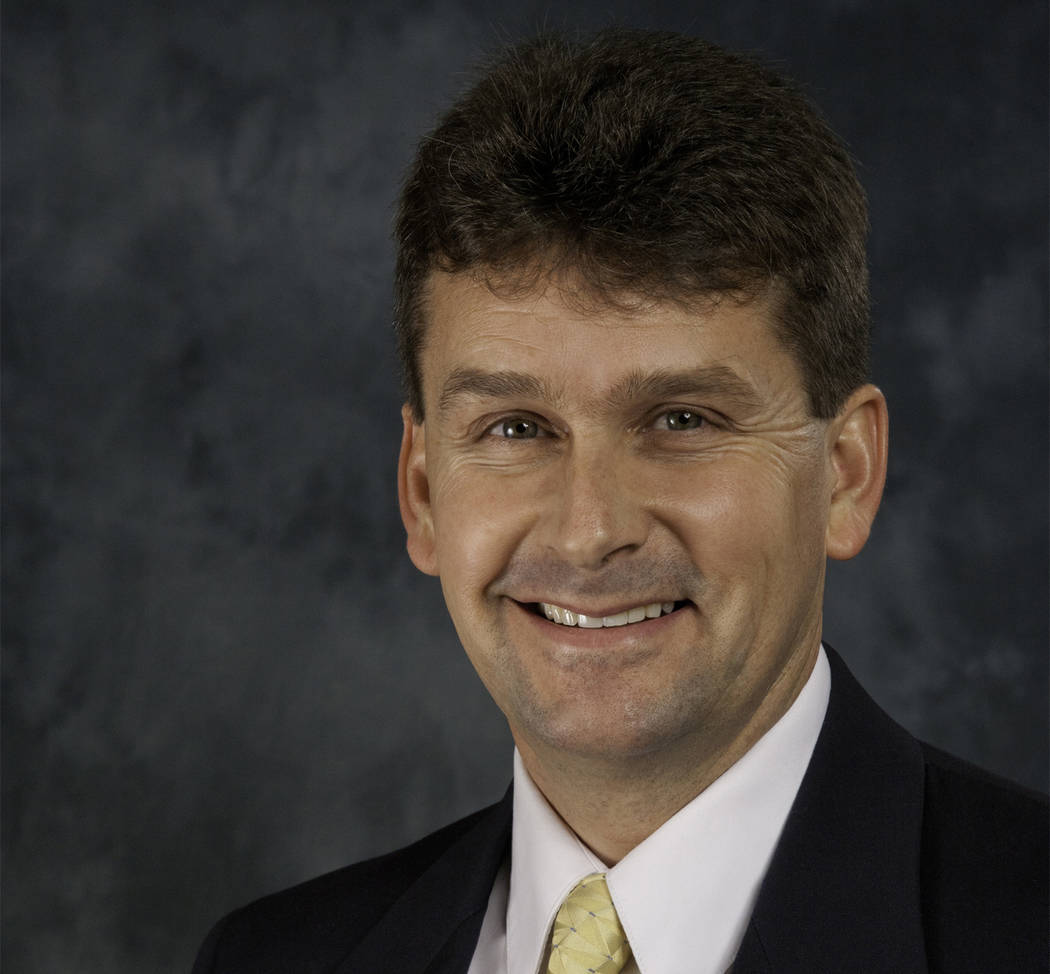World is better place if we all ‘produce’
By definition, consumers are people who consume or deplete things. If there’s food, consumers devour it. If there’s coal, consumers burn it. If there’s a lake, consumers drink or drain it dry. If there’s money, consumers spend it.
Producers, on the other hand, are those who produce or create things. Producers grow fruits and vegetables. Producers create works of art. Producers protect and conserve natural resources. Producers formulate meaningful theories and hatch useful ideas. Producers manufacture happiness.
So, which one are you? A consumer or a producer?
OK, perhaps that’s not a completely fair question. The truth is that none of us is exclusively a consumer or a producer. There’s a bit of both in each of us. After all, we have to eat and drink to survive.
Perhaps a better question is, are you a net consumer or a net producer? A net consumer is somebody who consumes more than he produces. And a net producer is someone who produces more than she consumes.
Of course, which one we are can vary over time. For instance, most people would agree that an infant is a net consumer, at least in terms of physical needs. A newborn baby obviously can’t provide life-sustaining nourishment, clothing or shelter for itself.
Individuals who are elderly, disabled or experiencing health problems sometimes find themselves in similar circumstances. On the other hand, these same individuals, who sometimes seem physically helpless, are often the biggest net producers of spiritual insight, emotional support, wisdom, perspective, companionship and unconditional love.
So, when asking ourselves whether we’re net consumers or producers, let’s never make the mistake of focusing solely on the physical world to the exclusion of the social, cultural, intellectual, emotional and spiritual.
Still, it’s a valid question. All things considered, are you a net producer or a net consumer? In other words, do you give back to society more than you take from it? Are you leaving the world a better place than you found it? And if not, what are you doing to tip the scales in the other direction?
Being a Boy Scout taught me an important principle called Leave No Trace. In a nutshell, it means that when you go camping, for instance, and then return home, you should do it in such a way that those who later come to enjoy the same location won’t, for the most part, be able to tell that you were there.
And, better still, you do like my mom taught me and leave the campsite better than you found it, picking up after those who came before you, improving the facilities for future users, and seeking out other ways to give more than you take. Common decency would demand no less.
What about our jobs? Are we net producers there or net consumers? I probably don’t need to tell you which our employers expect us to be. At a minimum, we should do an honest day’s work for an honest day’s pay. However, if that were true of every employee, or even most of us, then the commonly accepted 80/20 Rule would never have been applied to the workplace.
So, are you among the 20 percent of net producers who do 80 percent of the work, or are you among the 80 percent of net consumers who do a mere 20 percent of the work? If you only do what’s expected and no more, then you’re probably not in the net producer group.
The success of any free society depends heavily on whether enough of us voluntarily choose to be net producers rather than net consumers. So does the success of our families and our government.
Imagine a society in which there were no net producers. No teachers. No coaches. No counselors. No mentors. No nurses. No performing artists. No friends. No parents and grandparents. No uncles and aunts. No volunteers. What if they all just woke up one morning and said, “You know what? All I do is give, give, give. And everyone else just takes, takes, takes. I give up. I’m done.”?
Now imagine a society in which we were all net producers, one in which every citizen gave more than he took; one in which everybody strove each day to leave the world just a little better than it was when she woke up in the morning. That would be a little slice of heaven.
I’m not suggesting that Boulder City is full of net consumers. To the contrary, I think it’s a modern utopian miracle that we have so many gracious volunteers, who continually go above and beyond the call of duty. But if we want to keep it that way, then each of us needs to continually self-evaluate by asking ourselves: Which one was I yesterday? And which one am I going to be today?
Rod Woodbury is the mayor of Boulder City. He has been serving on the City Council since 2011 and is the president and managing shareholder of his law firm, Woodbury Law.





